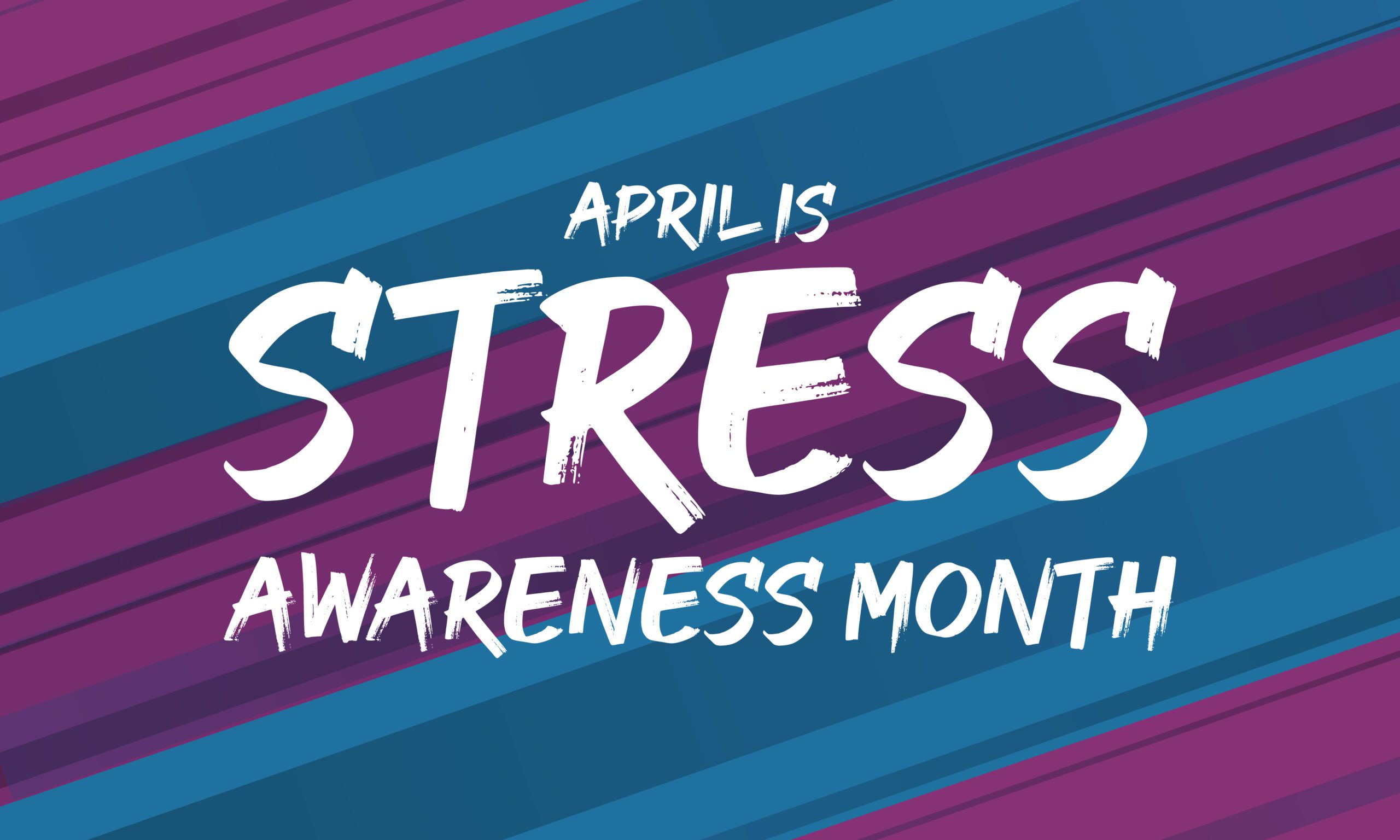Parenthood is a chapter in people’s lives that changes them forever. Priorities, routines, and everything else shift for the safety and well-being of children. Mothers and fathers say that the sacrifice is worth it, but a new concern is rising among caregivers. Parental stress is stressors that impact parents’ and caregivers’ mental health and well-being. The severity of this matter is growing to the extent of where the Surgeon General has issued an advisory. Dr. Robin Gurwitch is a psychologist and professor in the Department of Psychiatry and Behavioral Sciences at Duke University Medical Center. She explores this topic and shares why we must check on mom and dad as much as the kids.
“We should take this matter very seriously because the alternative is unthinkable. We are seeing mental health crises affecting our children and the adults that are taking care of them. If we do not see that this is a problem and take steps to change the course, then we’re not serving our next generation at all.” said Dr. Robin Gurwitch.
The surgeon general released his advisory in August. Items considered stressors for parents and caregivers are financial strains, children’s health and safety, and time demands. Factors in today’s society, such as technology, social media, feelings of loneliness, and comparisons, are new stressors parents must encounter. The advisory states that about 41 percent of parents are so stressed that they cannot function. The impact of this stress can lead to mental health problems like depression and anxiety. These issues not only trickle down to the children but can affect the stability of the home and develop physical problems for the kids as well. According to the Surgeon General’s advisory, children of a primary caregiver who reported poor mental health were four times more likely to have poor general health and two times more likely to have mental, behavioral, or developmental disorders.
“The Surgeon General’s report on parenting stress was incredibly timely and important. I think stress impacts families nationwide more than ever before, including our children. Our children are also being impacted by stress, and it’s not a one-way street,” said Dr. Gurwitch.
In a recent Sci-Line presentation, a Duke University professor explained that parental stress builds on each other. Large amounts of parental stress can impede parents’ ability to be their best at work, at home, and in relationships. Dr. Gurwitch discusses how parental stress starts a vicious cycle of children being stressed by the parent and vice versa. Temper tantrums and meltdowns in younger children are one sign of the impact of parental stress on them. In teenagers, withdrawal and defiance are signs of impact.
“When children are stressed, we often see it come out in behaviors. They have a harder time with sleep, a harder time with focus, and more anxiety and worry, which leads to challenges at school. This impacts parents trying to figure out how to help their children,” said Dr. Gurwitch.
Dr. Gurwitch recommends walking, listening to music, and connecting with friends to relieve parental stress. She also advises creating a routine and encouraging people to use the same coping strategies used during the height of the COVID-19 pandemic.
“If COVID taught us anything, it introduced new ways of dealing with stress. Whether it is taking a moment to watch something funny or taking a walk in the beauty of nature, it is about finding those quiet moments. Tapping into those activities you did during COVID can help relieve some of the stressors,” said Dr. Gurwitch.
The Duke University professor is acting against parental stress through a program called C.A.R.E. (Child Adult Relationship Enhancement). This program provides trauma-informed skills to adults who interact with children and teens who have experienced trauma. The material in CARE can be used in any setting and caters to welfare and at-risk families.
Parental stress is challenging, but Dr. Gurwitch hopes people can overcome it. She believes that if we recognize the problem and look at the variables causing it, we can find solutions to reduce it. Providing parents with the support they need is essential for them to become the best caregivers possible.
“I wouldn’t be in this field if I didn’t believe in hope if I didn’t believe that change is possible. I believe we can have a different outcome with the support, and that’s our responsibility,” said Dr. Gurwitch.
To find out more about stress, go to STRESS.ORG
by Clayton Gutzmore for The Atlanta Voice

